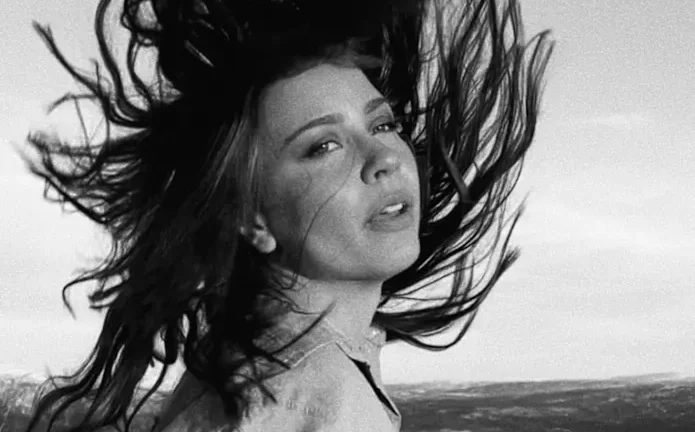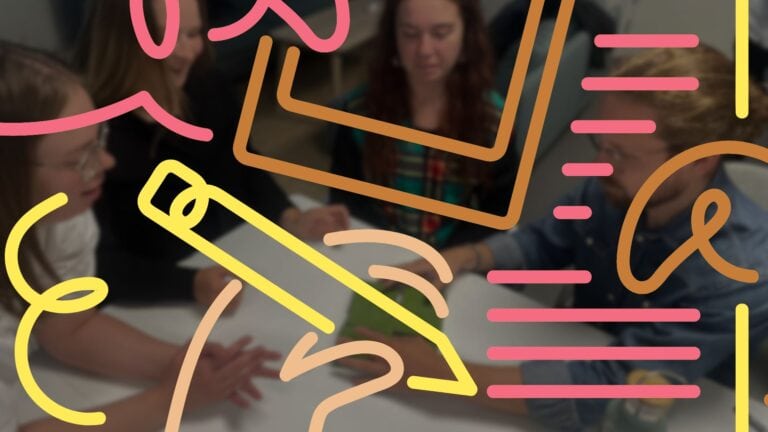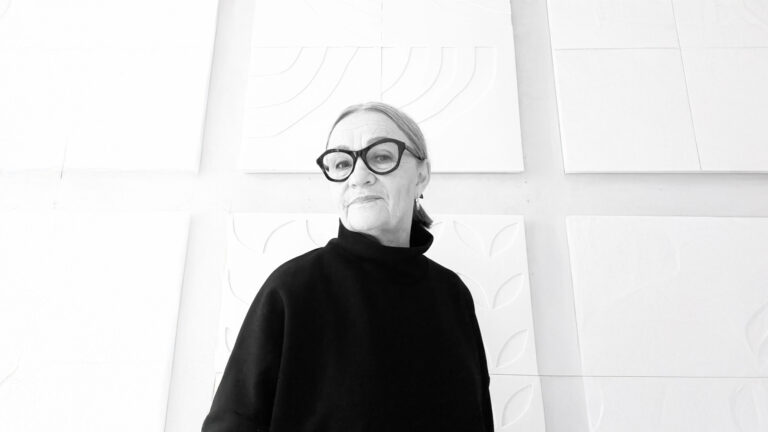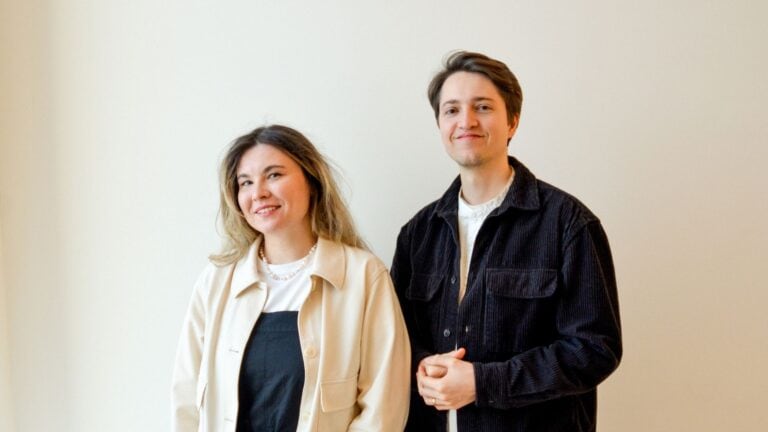Identity is a complex theoretical concept, and the answer to the question "who are you?" can vary depending on who is asking and where you are at the time. Research shows that there are tensions between artistic/creative values and economic values, and because of this, creative entrepreneurs have a stronger need to clarify their identity than many other entrepreneurs.
Malin Näsholm from Umeå University has been researching the topic of identity since 2006 and is one of the experts in the field. She believes that early research described a conflict between artistic/creative values and economic values.

For cultural entrepreneurs, identity work and reflection may be needed in order not to create internal stress or tensions. Unlike other entrepreneurs, cultural entrepreneurs often combine artistic creation with commercial products or services to run their business. For this, the cultural entrepreneur needs to create a coherent story.
Credulous concert or corporate gig?
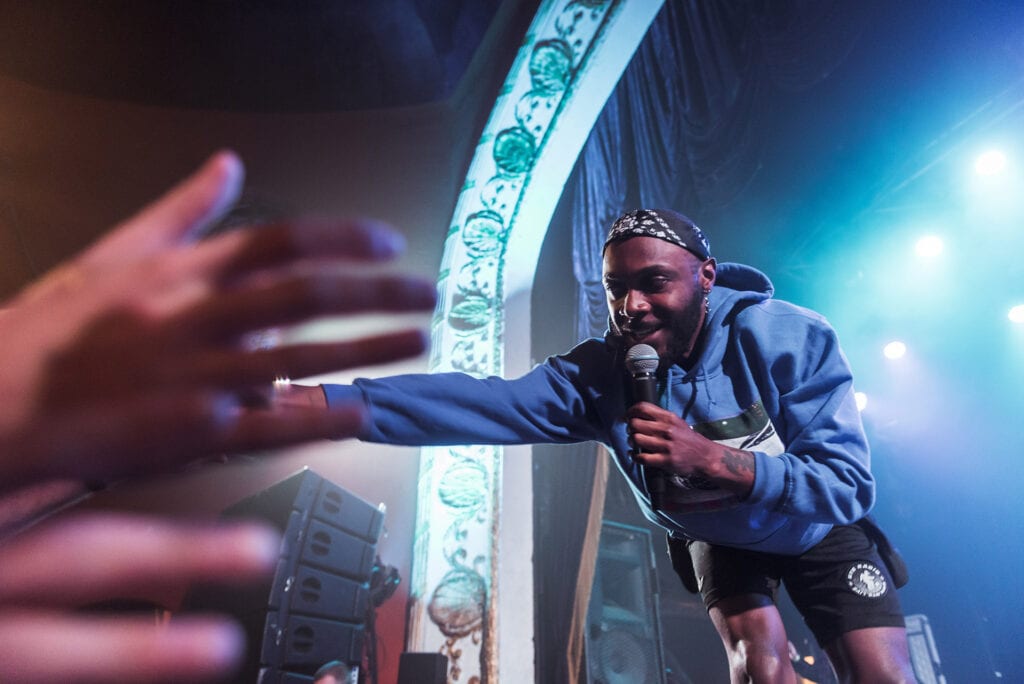
Most artists experience conflicts between being true to their artistic expression and at the same time playing on commercial stages such as corporate gigs. At the same time, the corporate gig often represents the bread and butter of the company and is a prerequisite for having the space to work with their artistic expression. The question is, is the identity of the artist destroyed if he works with a commercial partner, or can these branches be combined?
Studies show that context influences how we describe our own identity. Certainly, the majority of artists choose to highlight their artistic expression in an interview with a music trade magazine; it is the essence of creation. For the artist to balance the identity as creator and entrepreneur, the coherent story becomes crucial, that the audience one plays for rhymes with the artist's story and values.
Younger generations are changing the norm
According to Malin, recent studies show that younger generations of cultural entrepreneurs do not experience as strong tensions between the artistic/creative and economic values. The new generation seems to evolve the outdated norm, or stereotype of the entrepreneur or business owner into a broader and more inclusive description of the concept.
To further reduce these tensions, research points to the importance of integrating and normalising entrepreneurship in creative subjects, as many of these professions are based on self-employment rather than seeking employment. Research also shows the importance of cultural and creative industries incubators working to create balance in the identity of cultural entrepreneurs and thus a bridge between artistry and entrepreneurship.
In eXpressions' business development programmes, we often use the theory of IKIGAI to set up their identity compass. How do you do it?


